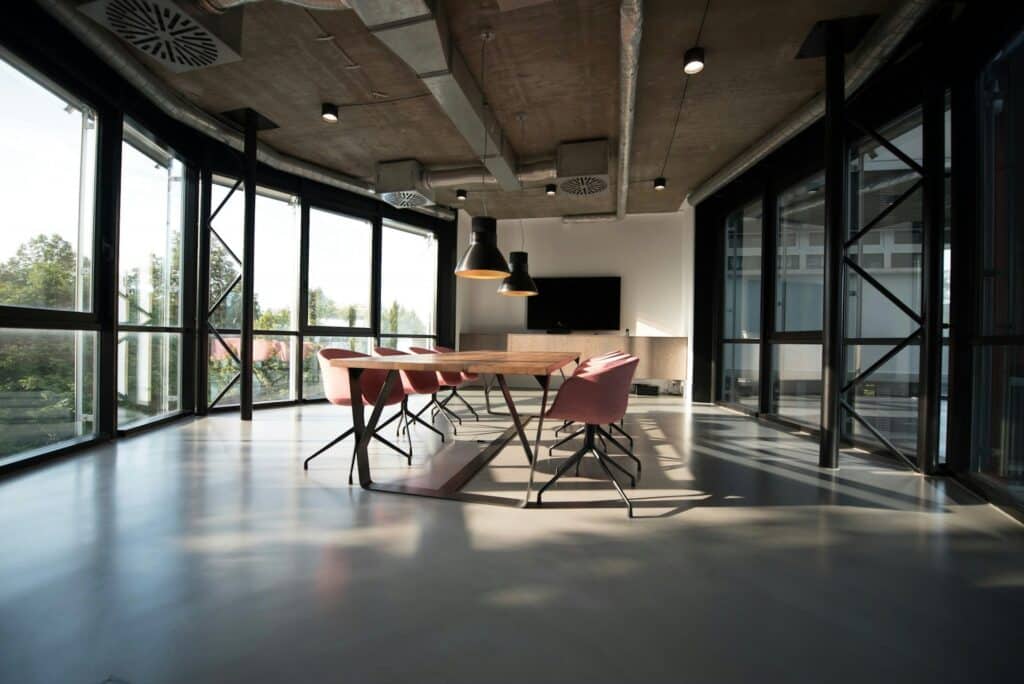An office lease is a very flexible document which manages many risks, the financial consequences of which may be larger than the annual rent, in a business relationship that will usually continue for many years. An unfavourable office lease can easily lead to the financial ruin of either the Landlord or the tenant but if handled properly, these risks can be managed in a way that allows both parties to safeguard their businesses and grow. How the risks are managed must also reflect the financial, organisational and technical ability of each party to cope with it on a long-term basis.
Given the magnitude of the risks and implications for your business, office Leases require specialised advisers who understand industry norms as well as know how to find solutions without causing costs and delays. An experienced solicitor will be able to side step the traps and get you the best possible deal.
You can read more about the benefits of having a legal expert in your corner here.
When leases get complex fast
Office leases often touch on a host of specialist legal issues that can cause costly delays if not handled by someone who truly knows the terrain – for example:
- If the Landlord is registered outside the UK, it is important to take some extra steps to ensure the lease is valid and to avoid trouble with HMRC. This is discussed in more detail here.
- Many Landlords are introducing measures aimed at enhancing energy efficiency and reducing environmental impact. Green leases are laudable and increasingly widespread but can lead to considerable costs for the Tenants unless handled by a legal adviser with an in-depth knowledge on the matter. This is discussed in more detail here.
It is therefore important to choose advisers who have a deep experience of the entire commercial property industry and can efficiently solve problems on time and budget and who can provide support for the entire lifecycle of the office lease: the initial heads of terms, the office lease itself, fit-outs and refurbishments to the commercial property (by either or both the Landlord or the Tenant), expanding, insolvency, renewing the lease or preparing the exit (well in advance).
Formalities that make (or break) your lease
Ensuring the office lease is both a good deal and properly enables your business is just the start. It is also important that the formalities of the office lease and its ancillary documents are done correctly. Doing that incorrectly can make it all go wrong. A few examples of that are mentioned here.

More than rent: the clauses that really cost
When negotiating an office lease, the Tenants may be tempted to focus only on the rent and assume everything else is a relatively minor issue. This mistake is the result of not appreciating three points: (i) the office lease does not have to be fair (ii) risks in the commercial property industry involve relatively large numbers and (iii) certain words and phrases in an office lease may appear to have one meaning but actually have a very different meaning in court. Three examples:
- If a repairing obligation includes the words “put and keep” then the Tenant may find itself upgrading the whole premises despite only having a 3-year lease. To add insult to injury, the Tenant may only realise what they have got themselves into after the office lease ends, meaning it would not even be able to use the commercial property in its renovated state.
- The extent of the “premises” being rented may seem to be a matter of common sense, but it may or may not include the windows, doors, non-structural walls, structural walls, pipes and cables and the roof! The extent of the premises simply depends on what the office lease happens to state but it will be up to the Tenant to repair and insure the whole of the premises. That may sometimes not be a problem but beware that the building may only look like it is in a good condition: be sure not to have liability for hidden defects, to find out about any incidents in the insurance history of the building, and to confirm that the building is fully insured (i.e. for its full reconstruction value),
- In a modern office building, a relatively small and brief fire in the kitchen of a small office premises can easily cause damage that causes £100,000 of costs to the Landlord and the other Tenants in the building.
If the Landlord Fails: Protecting Your Position
Many mistakes made by Tenants actually come down to a belief that the Landlord, as it owns a commercial property, is relatively wealthy. This is frequently not true. Although the Landlord may be part of a corporate group which is wealthy, a commercial property company itself may have bank financing and internal company loans which exceed the value of the building and thus is simply supported from one year to the next by its parent company. Such arrangements are not uncommon, and Tenants should therefore take the extra time to think carefully and ensure they remain protected even in the event of the Landlord’s insolvency.
Future-proofing: flexibility clauses that matter
An office lease should also reflect the potential for a Tenant’s business priorities to change over time. This is true for start-ups as well as more established businesses. Changes in business strategies, periodicity of rent payments, further space available in the building and even the facilitation of networking among Tenants are all issues that the office lease can establish the correct framework for. I have written more about this here.
Contact James Williamson if you would like to enquire about any aspect of a commercial property lease.





